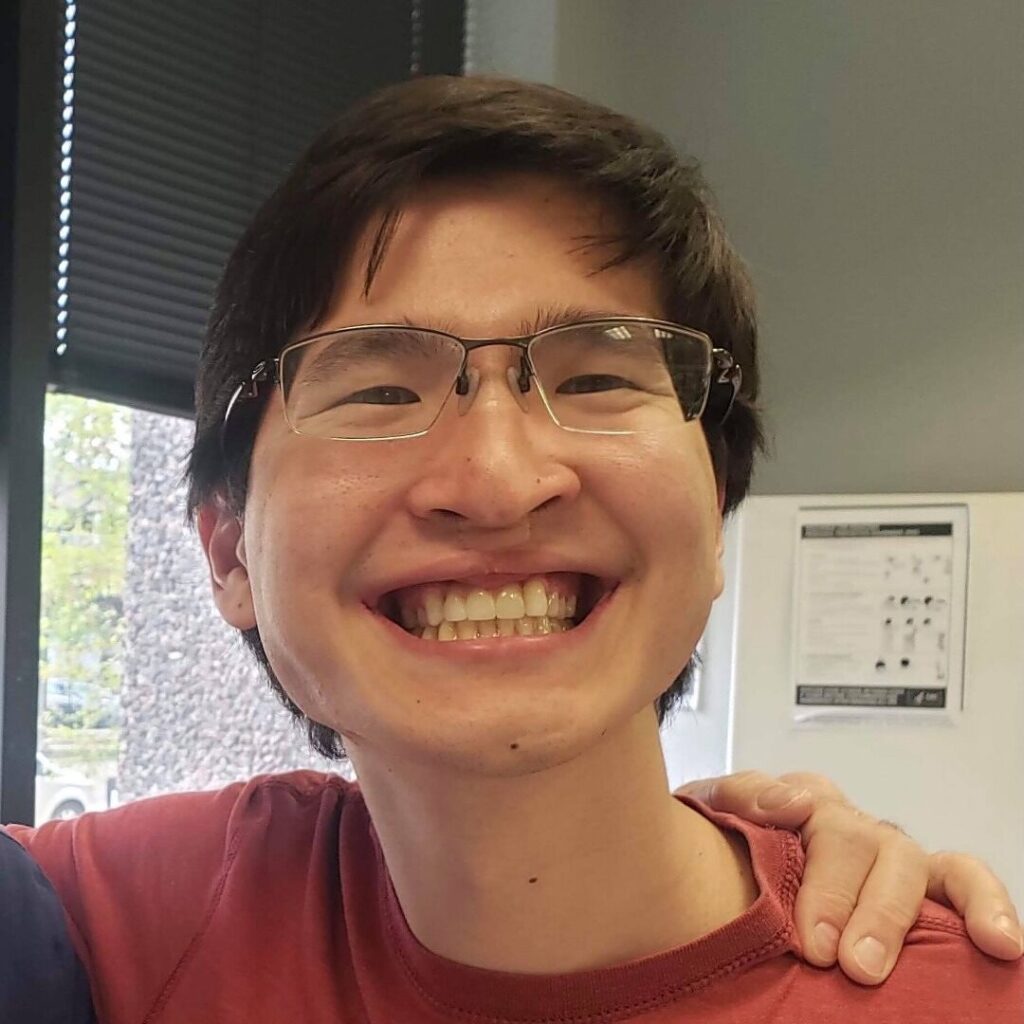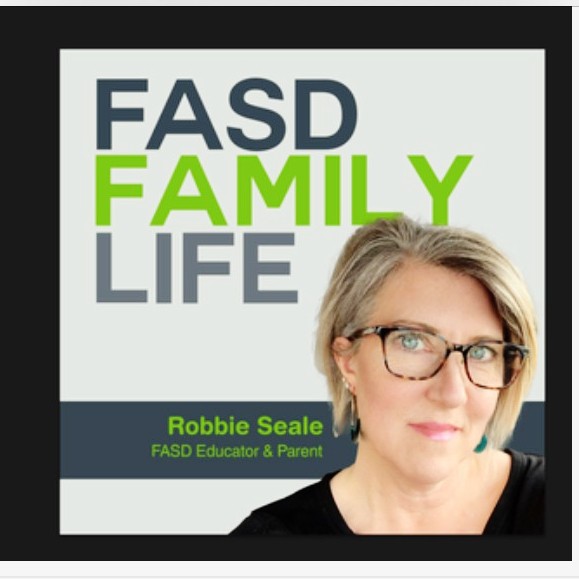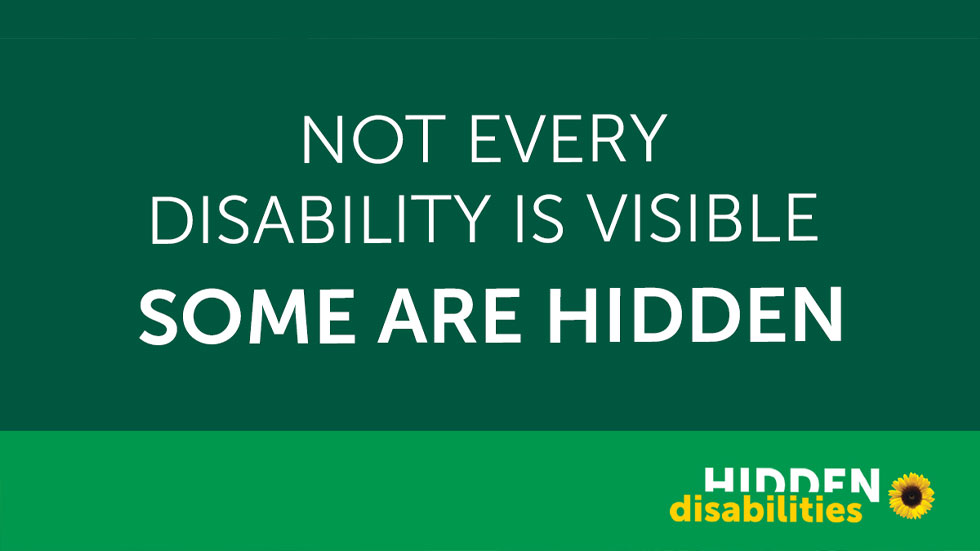
Author of It’s OK to Be You: Living Well with FASD or Other Disabilities, and overall amazing human being- Kenny LaJoy kindly accepted an interview to be shared in conjunction with our “Yes I Am” campaign (a follow-up to “Yes I Can”).
Diagnosed officially with an FASD when he was around 16 or 17 years old, Kenny comedically recalls that the diagnosis itself “wasn’t a shock…like who could have seen this coming?” He first learned what FASD was from a speech therapist ahead of her time, and began “gradual years of process and understanding” before his official diagnosis.
Being an FASD advocate is a somewhat new venture for Kenny, but his favorite part is the community. He appreciates how advocacy provides a “broader understanding of the disability and people’s challenges, but also their successes,” he states that “as a person who has an FASD, it’s a great way to meet others like “oh! I’m not the only one.”” Which, for a disability with such widespread impact- it unfortunately may still be isolating. Importantly, Kenny mentions research conducted with foster and pre-adoptive youth that highlights his point on underdiagnosis: “It’s just not studied enough, it’s not given the right resources and awareness.”

Kenny enjoys being a part of the FASD community and claims that “social media has definitely been one of the bigger aspects of my ability to advocate.” Some of the individuals he has met, online and in person, he now calls “friends” in addition to “allies;” he explains how nice it is to hold friendships with others who deal with similar things so they can be there “with grace.” Kenny mentions a piece of wisdom he treasures from fellow advocate Robbie Seale (on her podcast), and how “it’s sometimes hard to see success when it feels like it’s always failure, value the product that you are making,” which comes with acknowledging that “you are still moving forward, you are still doing well- even in a hard day.”
“I would not call myself a pro in advocating,” Kenny says, and then begins to reminisce on his book, “It was as much for myself as it was for others, to communicate, to help me through hard times… so if I can do that for others I’m really pleased.” His life and FASD journey are portrayed in his work, and he especially touches on the nuances of FASD within caregiver relationships. In regards to healthy situations, “so many times people with FASD fail because they reject their support systems,” Kenny says that when this rejection occurs, “we are left in the midst of the water with nothing to tether ourselves to.” Those without healthy support systems often struggle or may turn to unhealthy systems. There is a necessary compassion that should travel both ways in order to maintain these complex relationships, and if impacted parties take this away from his work, Kenny LaJoy “considers that a success.”

When it comes to those with lived experience in FASD, Kenny believes the community’s greatest strength is its resilience. “The ones who are still standing and still moving are very strong,” to persevere despite any negativity affiliated with the diagnosis “takes a lot of courage.” In a philosophical display, Kenny compares living with an FASD to the Greek myth of Sisyphus who pushes a boulder each day up a hill. “It’s hard to do that everyday, and with FASD, I feel like that rock is bigger and that incline is steeper,” however, “with the right support systems, you can make some progress.” Be it in removing some of the rock’s weight, decreasing the incline, or even having others help push. While FASD “is disheartening some times with those hard days, the people who keep on going are resilient.”
As far as his own greatest strength, Kenny believes that his relationship to his caregiver emphasizes his communication and honesty, “that’s my biggest success, to work with my supports and have open communication with them, so we both feel like we’re making progress.” In addition to this, his talent of writing and communicating shines through his interviews, book, and own advocacy.

I asked Kenny if he would leave people who are unfamiliar with FASDs a nugget of advice, he declared a call to action instead. “Imagine someone in your life who struggles, who always forgets things- is there something deeper there, and could it be this (FASD)?” This hidden disability impacts more people than we think, Kenny proposes, “You know you love this person but you just don’t know why they keep failing, I feel like most people know people in their lives that just always seem to struggle but don’t know why. People that whatever happens can’t seem to find that “secret ingredient” to success, it could just be their brains- It’s not a negative judgement, it’s a reality that they face. How do we have compassion for it?”
Kenny is a passionate and hilarious human being, who also has an FASD. This FASD does not deter or remove from his passion and hilarity. People with FASDs are human beings first and should not be reduced to their diagnosis or disability, however, their disability should not be reduced either. “It’s easy to dismiss, it’s why it’s so hard to nail down because you have both groups that don’t want to see it.” When resources are given and people currently impacted are taken care of, amazing things can bloom from this willingness; things that authentically come to the aid of those with FASDs.
